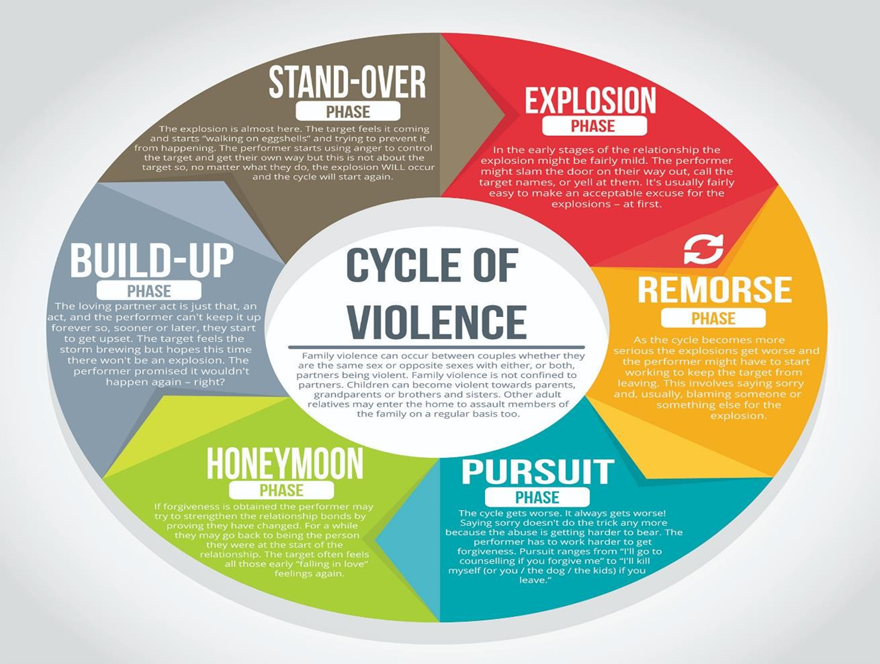A nurse is caring for a client who has been admitted for a psychiatric evaluation after displaying aggressive behavior towards their partner and 2-year-old child. Which of the following client statements should the nurse identify as potentially contributing to aggression?
"My parent was physically abused as a child."
"My parent used their fists to hit me as a child."
drink a glass of wine occasionally with dinner."
A. family member took me fishing several times when I was a kid.
The Correct Answer is B
B. Childhood experiences of physical abuse, such as being hit with fists by a parent, can significantly contribute to the development of aggressive behaviors later in life. Research has shown that individuals who have experienced physical abuse during childhood are at increased risk of displaying aggression towards others, including their partners and children, as adults.
A. This statement is less directly related to the client's own experiences of aggression and may not necessarily contribute directly to their current behavior.
C. and D do not directly address experiences of violence or abuse and are less likely to contribute directly to the client's aggressive behavior towards their partner and child.
Nursing Test Bank
Naxlex Comprehensive Predictor Exams
Related Questions
Correct Answer is A
Explanation
A. Phase 1 of the cycle of violence, also known as the tension-building phase, is characterized by increasing tension and conflict between the parties involved in the abusive relationship. During this phase, arguments, disagreements, and conflicts escalate in frequency and intensity.

B Physical harm typically occurs during phase 2 of the cycle of violence, known as the acute or explosion phase.
C. This phase follows the acute phase and is characterized by the perpetrator expressing remorse, making excuses for their behavior, or attempting to reconcile with the victim through gestures of affection, gifts, or promises to change. However, these promises are often short- lived and may be followed by a return to tension-building behavior and the cycle of violence repeating.
D. Law enforcement involvement is not specific to phase 1 of the cycle, during which tensions are escalating and conflicts are increasing in frequency.
Correct Answer is B
Explanation
B. Fluctuating cognition and visual hallucinations are characteristic features of Lewy body dementia (LBD). LBD is a type of dementia that involves abnormal protein deposits called Lewy bodies in the brain. These deposits can cause fluctuations in cognitive abilities, leading to periods of clarity alternating with confusion or disorientation. Visual hallucinations are also common in LBD, often involving seeing people, animals, or objects that are not present.
A. Prion diseases are not commonly associated with fluctuating cognitive function.
C. HIV infection can cause a range of neurological complications, but they usually manifest differently from the symptoms described in the scenario.
D. Symptoms of TBI-related dementia would depend on the severity and location of the brain injury, but they often involve cognitive deficits consistent with the area of brain damage
Whether you are a student looking to ace your exams or a practicing nurse seeking to enhance your expertise , our nursing education contents will empower you with the confidence and competence to make a difference in the lives of patients and become a respected leader in the healthcare field.
Visit Naxlex, invest in your future and unlock endless possibilities with our unparalleled nursing education contents today
Report Wrong Answer on the Current Question
Do you disagree with the answer? If yes, what is your expected answer? Explain.
Kindly be descriptive with the issue you are facing.
